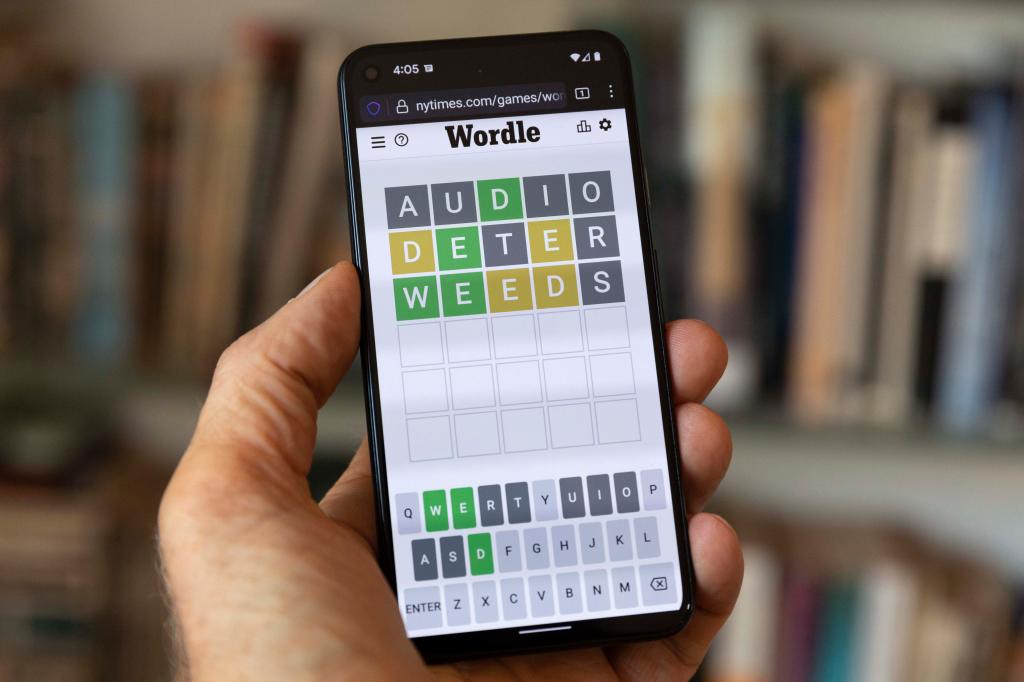Wordle, the popular word game from the New York Times, is causing concerns about its impact on players’ mental well-being. According to journalist Tess Owen, therapists are reporting that the game is becoming a problem for many patients. The New York Times offers a range of word and number games, with Wordle being the most popular. However, experts are concerned about the negative effects that excessive gameplay may have on individuals.
Therapists have noted that some patients are struggling to manage their time effectively due to playing Wordle excessively. Some patients have even chosen to stay home and play games like Connections instead of socializing with friends. There are also concerns about the anxiety and self-judgment that players experience when comparing their scores with others online. Despite the intention of creating moments of sharing with friends and family, the addictive nature of the game is causing mental health issues for some individuals.
While Wordle and similar cognitive puzzles may initially seem beneficial for boosting cognition, experts suggest that mastering Wordle doesn’t necessarily translate to improved performance in other areas. Unlike crossword puzzles, which require knowledge of definitions and associations, Wordle relies on deductive reasoning to solve for missing letters. While the game requires focus and visual memory, experts recommend rotating games to challenge the brain in different ways and prevent mental fatigue.
In response to concerns about Wordle’s impact on mental health, psychologists are advising players to set time limits for playing the game to prevent it from interfering with other responsibilities. The addictive nature of Wordle can lead to negative consequences when players prioritize gameplay over other important tasks. Playing Wordle should be done in moderation to avoid detrimental effects on mental well-being. Remember, at the end of the day, Wordle is just a game, and it’s essential to maintain a healthy balance in life.
In conclusion, Wordle, the word game from the New York Times, is facing criticism for its addictive nature and potential negative effects on players’ mental health. Therapists are reporting that some patients are struggling to manage their time effectively and experiencing anxiety related to their gameplay. While cognitive puzzles like Wordle may have some benefits, experts recommend moderating gameplay and engaging in a variety of different games to exercise the brain in different ways. It is essential for players to set boundaries and prioritize their well-being when playing Wordle to prevent negative consequences on their mental health.


